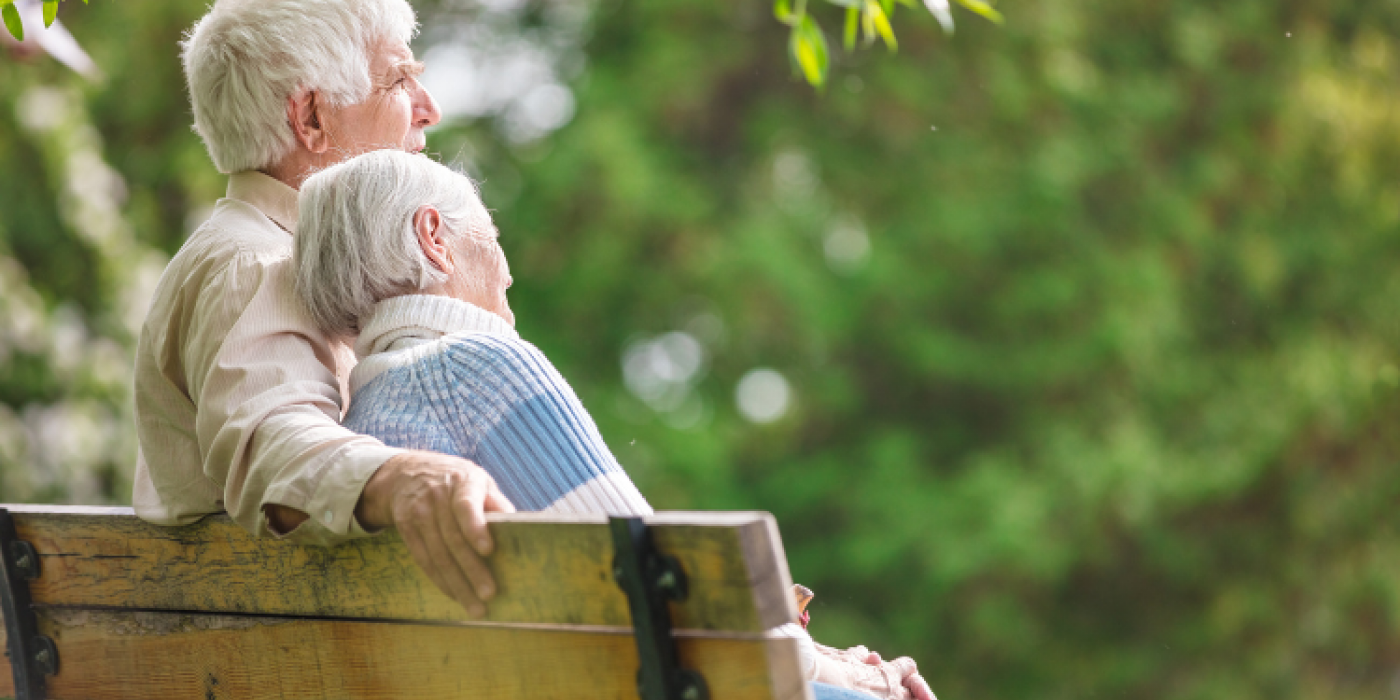Can Senior Living Provide You a Fearless Future?

Aging can be extremely rewarding and satisfying. But it can also be extremely scary.
Remember when you were young? You probably assumed that your hair would never be gray, that your knees would never ache, that your vision would never blur and that your energy would never wane. Now you know better. It makes you wonder: What are you currently taking for granted? What needs might you have tomorrow about which you are in denial today?
Aging can be extremely rewarding and satisfying. But it also can be extremely scary. As you plan your next chapter, it’s therefore important to acknowledge your greatest fears and lay plans that will help you manage and mitigate their impact on your retirement years. Common worries include:
FINANCIAL INSECURITY Even seniors who have been diligent about saving and prudent about spending worry that they might run out of money, or that they may not have enough of it to have the kind of retirement they want to have.
DECLINING HEALTH With age, even the healthiest bodies become more susceptible to illness and injury, including everything from accidents and falls to chronic illness. That’s normal—and so is worrying about your health and health care, the status of which can change quickly and dramatically over the course of your retirement years.
FAILING MEMORY Because the prospect of cognitive decline can be as worrisome as the prospect of physical decline, memory care—including dementia care and Alzheimer’s care—is top of mind for many seniors.
LOSS OF INDEPENDENCE You spent your youth learning how to be independent. In that way, adulthood was a destination; once you arrived, you never imagined you’d have to go back. It’s no wonder, then, that the idea of losing one’s autonomy can be just as upsetting as the idea of losing one’s faculties.
BECOMING A BURDEN From your spouse and children to your aging parents and grandparents, you’ve devoted your life to caring for others. Now, you’re facing the prospect that others might have to care for you. But what if there’s no one to do it? Or worse yet, what if there is? You know from being a caretaker yourself how much time and energy it takes to care for someone who can’t care for themselves. It’s all-consuming. So, while having no one to care for you is a scary proposition, the idea of asking loved ones to be responsible for you can be its own source of dread.
SOCIAL ISOLATION With aging often comes loss, including the loss of spouses, family members and friends. Sometimes, loved ones are lost to death. Other times, they’re lost to circumstances—for example, you might not be as mobile as you used to be, or as energetic, which causes you to see people less often. Either way, isolation and loneliness for seniors are real possibilities and legitimate concerns.